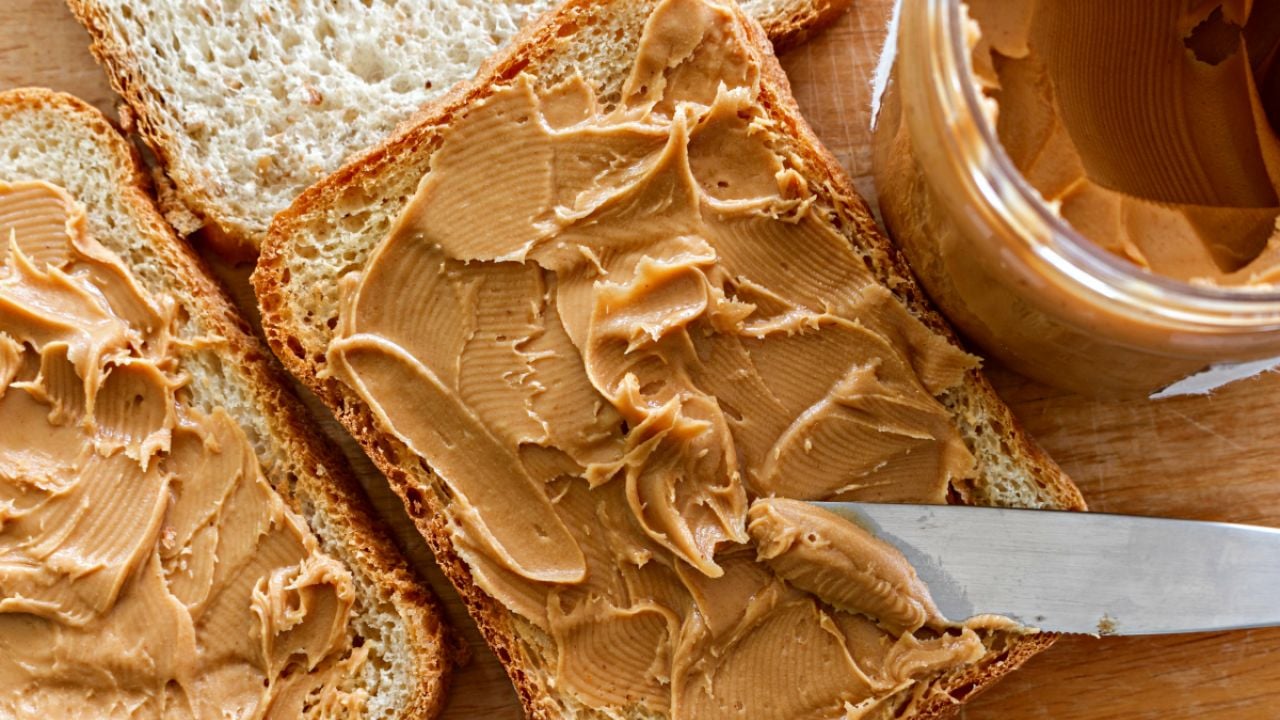
Eating peanuts during infancy – rather than avoiding them – may be the key to preventing long-term peanut allergies in children.
The benefit of early exposure persists even if kids later take a year-long break from eating any peanut foods, according to a new study from the National Institute of Allergy and Infectious Diseases (part of the National Institutes of Health), conducted by the Institute-funded Immune Tolerance Network.
The new study builds upon a landmark clinical trial called LEAP, or Learning Early About Peanut Allergy, which concluded last year. LEAP showed that eating peanuts from infancy to age five reduced the likelihood of developing a peanut allergy by 81 percent in high-risk children. (Children are considered “high-risk” if they have eczema, other food allergies or if peanut allergies run in the family.) Children in the study ate foods containing peanuts, since the nut itself is a choking hazard for children younger than four.
The latest study, called LEAP-On, was published this month in the New England Journal of Medicine and extended the research to find out whether kids who later stopped eating peanut foods for a year would be more or less likely to develop the allergy: They were less.
In a second study, led by King’s College London for the U.K. Food Standards Agency and released the same day, researchers tested whether the same approach could prevent other common food allergies, but the results were less conclusive.
Just six food groups cause a whopping 90 percent of children’s food allergies: peanuts, tree nuts, milk, eggs, soy and wheat. Rates of peanut allergy in particular have risen dramatically in the past 15 years, afflicting an estimated 2 percent of American children. Symptoms range from hives and wheezing to life-threatening anaphylaxis, prompting schools, community centers and even airlines to adopt strict policies aimed at protecting allergic kids from peanut products.
For years, parents have tried to ward off peanut allergies in their children by avoiding the food altogether. Beginning in 2000, doctors and allergists advised parents of high-risk children that they should not eat potentially allergenic foods before age three. By 2008, however, health care professionals realized the advice wasn’t helping, and retracted the recommendations.
The landmark LEAP study changed everything, shifting the prevailing wisdom from avoidance to exposure. After LEAP was published last year, 10 medical organizations, including the American Academy of Pediatrics, agreed on new interim guidance that recommended early exposure. If your child is at high risk, however, talk to your doctor first. Click here for the Academy’s recommendations.
Now parents, health care professionals and the public have a chance to weigh in on what may become new, formal recommendations for peanut allergy prevention. The federal allergy institute, the agency that funded LEAP and LEAP-On, has drafted an update to its 2010 Guidelines for the Diagnosis and Management of Food Allergy in the United States. The update, which specifically addresses how to prevent peanut allergies, is open for a 45-day public comment period ending on April 18. All are welcome and encouraged to participate. Here’s how.
While the recommendations remain under review, parents should talk to their pediatrician or allergist about peanut exposure, especially if their child has ever had a reaction to peanuts; has other food allergies, particularly to eggs; has eczema or a family history of allergies.



